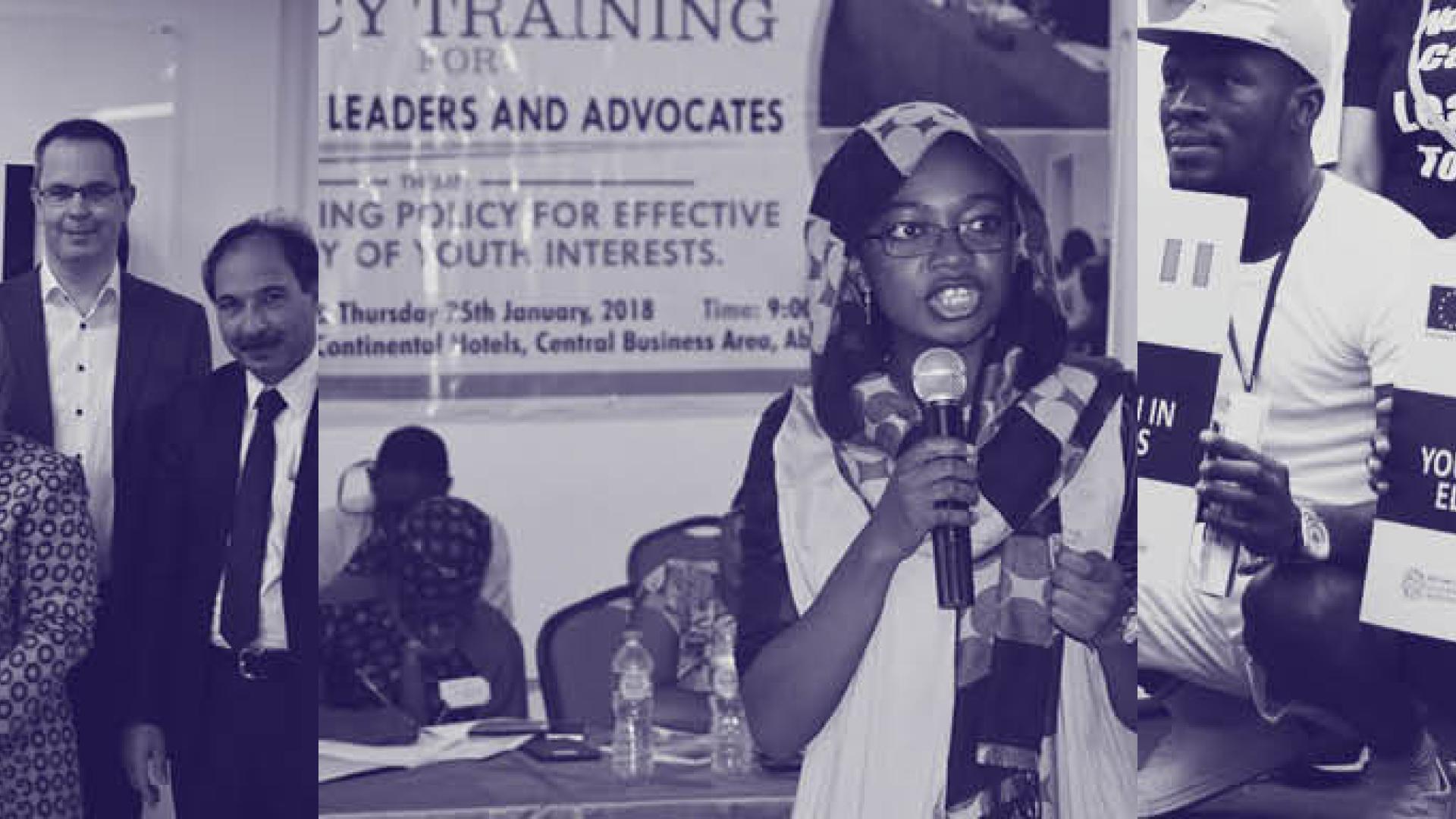Global Equality Project to build on successes of WFD and Kaleidoscope Trust's programme on equality in the Commonwealth

The GEP builds on WFD’s and KT’s programme on equality in the Commonwealth which was delivered between October 2020 and March 2021. The Programme supported local decision-makers and civil society actors in 16 Commonwealth countries in Africa, the Eastern Caribbean, Asia, and the Pacific. The programme’s successes include:
- Developing the tools needed for CSOs to bring about positive change, such as a guide to monitoring and assessing the impact of government initiatives.
- Forming an informal network of LGBT+ CSOs and stakeholders and running a survey and gap analysis that examined a wide variety of Sri Lankan laws and policies on LGBT+ issues in the country.
- Developing a database that provides advocates of LBTI rights with information on how the Committee on the Elimination of All Forms of Discrimination against Women (CEDAW) perceives SOGIESC-based discrimination and what potential it presents for their national advocacy efforts.
- Strengthening dialogue and engagement between CSOs and government officials in Tonga and supporting the drafting of recommendations for amendment of the Criminal Offences Act 2015.
- Supporting civil society advocates in Mauritius as they campaigned for intersectional equality and better legal protection of women, children, and LGBT+ people from violence and other forms of discrimination.
The Global Equality Project (GEP) will carry forward this momentum to help make sure progress towards equality and inclusion is sustainable.
Operating in at least 18 countries and territories in Africa, Asia, the Caribbean, and the Pacific, GEP will work towards a world in which women, girls, and LGBT+ people are included in decision-making spaces and can influence policy and law reform processes. To achieve this, activities will focus on three main avenues to inclusion: evidence and incentives, skills and tools, and links and relationships:
- The programme will fill gaps in research and evidence when it comes to better outcomes for women and girls, LGBT+ people, and society at large. This will bolster decision-makers’ incentives to act and support them to make the case for change over the coming months and beyond.
- It will work with civil society organisations that support and advocate for the rights of women and girls and LGBT+ people by ensuring they have the skills and tools they need to bring about change, including through tracking and assessing legislation.
- It will strengthen the links and relationships between civil society, thought-leaders, and decision-makers to make it easier for them to work together for equality.
The GEP is funded by the UK Foreign, Commonwealth and Development Office (FCDO).